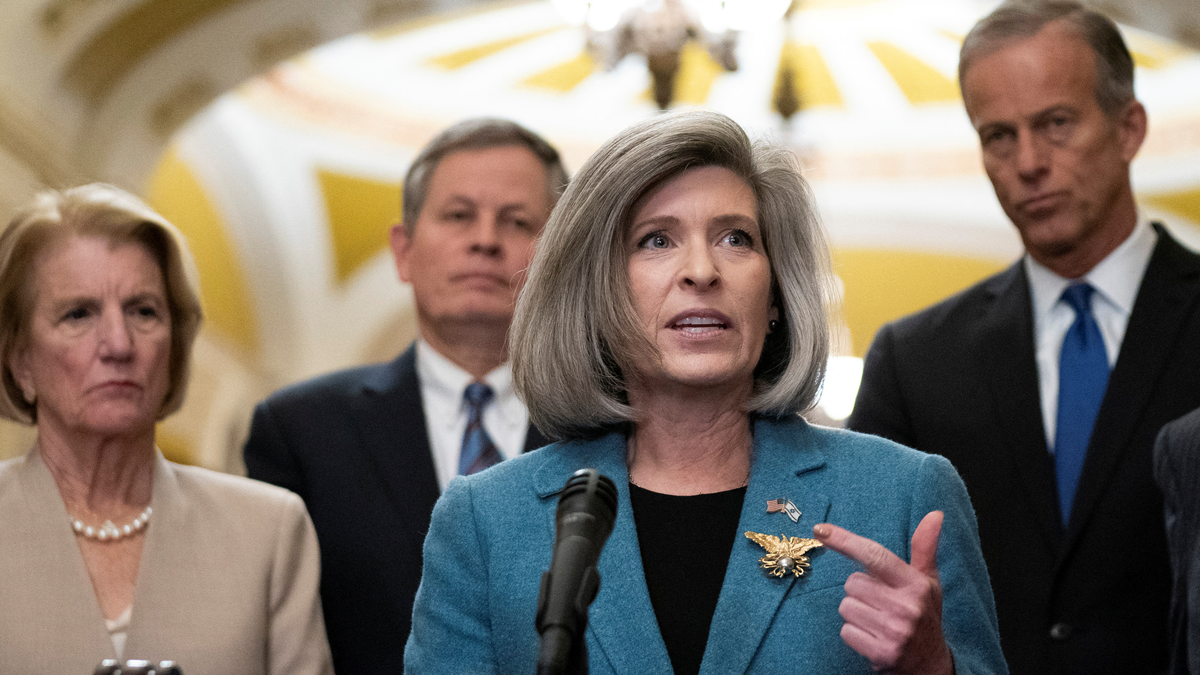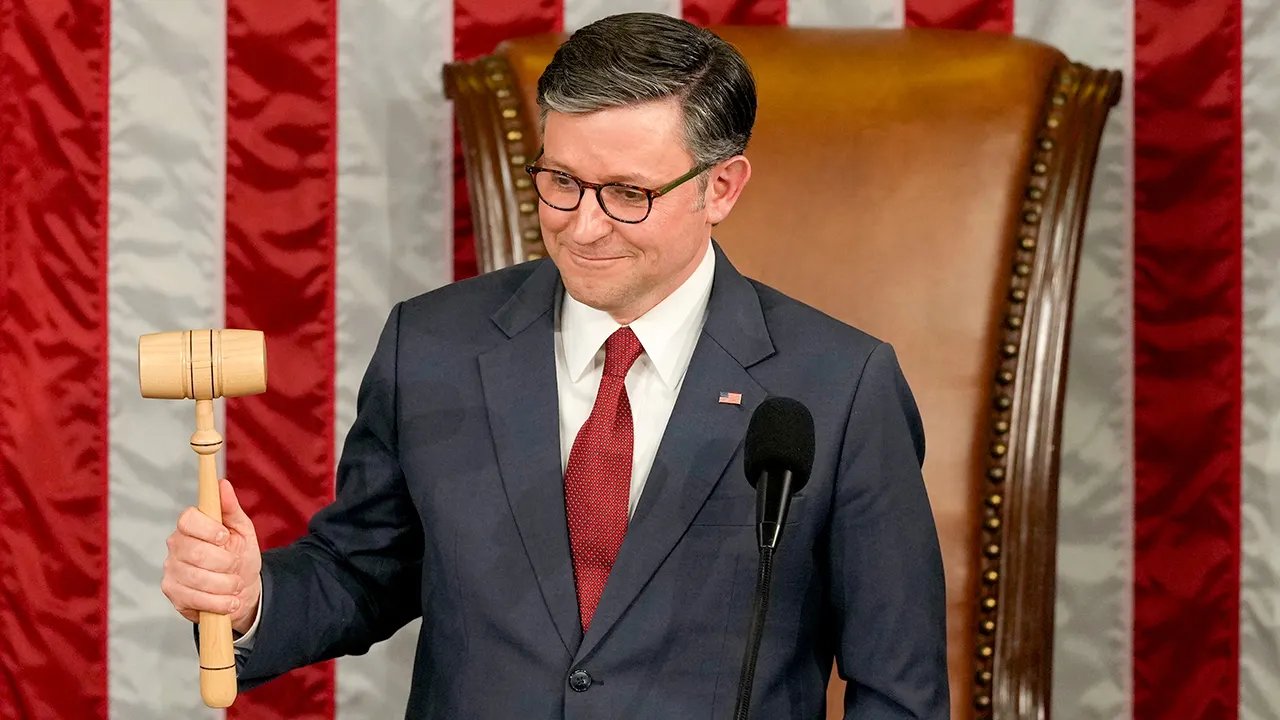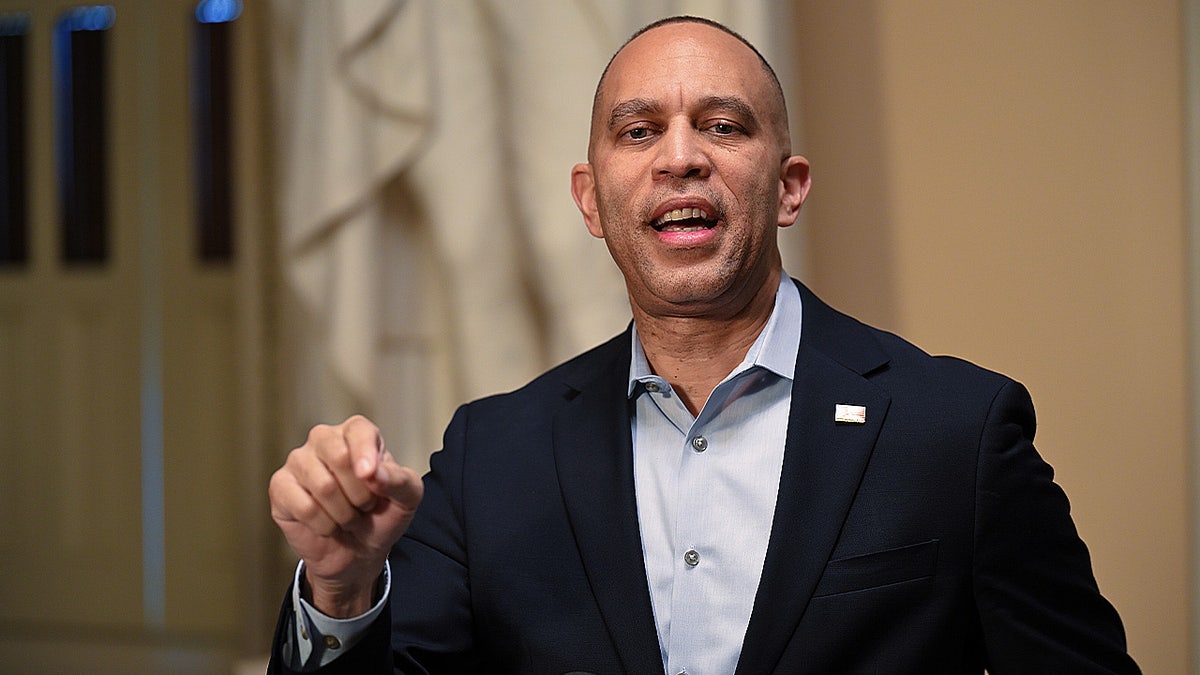INTERNACIONAL
Rusia condenó a 13 años de cárcel a dos ex militares colombianos por combatir en Ucrania

Un tribunal controlado por Rusia en la región ocupada de Donetsk condenó el jueves a trece años de prisión a los ex militares colombianos José Medina y Alexander Ante, acusados de actuar como “mercenarios” en las filas del ejército ucraniano.
Medina, de 37 años, y Ante, de 48, son veteranos del ejército colombiano que llegaron a Ucrania a finales de 2023. Sus familias aseguran que ambos desaparecieron en julio de 2024 mientras regresaban a casa, tras hacer escala en Caracas. Desde entonces, no han tenido ningún contacto con ellos.
“Son muchos años. No sé si algún día nos volveremos a ver”, dijo Cielo Paz, esposa de Medina, a la agencia AFP tras conocer la condena. “Ni una carta de él, ni una llamada, nada”.
El caso expone la opacidad del sistema judicial que Rusia ha impuesto en los territorios ucranianos bajo su control, donde las garantías procesales son inexistentes y los juicios se celebran sin observadores independientes. Las familias no fueron informadas del proceso ni pudieron contactar a los acusados. “No sabemos nada. No nos han dicho cómo fue el juicio”, declaró Astrid Medina, hermana de José.
Los dos colombianos comparecieron ante un tribunal en Donetsk, territorio que Moscú anexó ilegalmente en 2022 tras un referendo sin reconocimiento internacional. En un video difundido por el Comité de Investigación ruso, Medina aparece esposado, con gorro y chaqueta negra, mientras es escoltado hacia la sala.

Desde el inicio de su invasión en febrero de 2022, Rusia ha calificado de “mercenarios” a los extranjeros que combaten en Ucrania, negándoles el estatus de prisioneros de guerra que establece la Convención de Ginebra. Esta clasificación permite imponer penas severas y enviar un mensaje disuasorio a los voluntarios internacionales que llegan al frente. En mayo pasado, Rusia condenó a 13 años de prisión a un ciudadano australiano por el mismo delito. En octubre, un estadounidense de 70 años recibió casi siete años. En todos los casos, las audiencias se realizaron sin defensa independiente ni observadores externos.
Para analistas de derechos humanos, estas condenas forman parte de la estrategia propagandística del Kremlin: exhibir el poder judicial de los territorios ocupados como herramienta de legitimación y presentar a Rusia como víctima de una “intervención extranjera” en Ucrania. Human Rights Watch ha documentado en repetidas ocasiones la falta de garantías y los abusos cometidos por las autoridades rusas en territorios ocupados de Ucrania.

El gobierno de Colombia aún no ha emitido un comunicado oficial sobre la sentencia, aunque el Gobierno de Petro reconoce que decenas de sus ciudadanos han viajado a Ucrania desde el inicio de la guerra. La mayoría son ex militares o policías que, sin opciones laborales tras la desmovilización de las FARC y la reducción de las fuerzas armadas, fueron reclutados por intermediarios privados que les prometieron salarios de hasta 3.000 dólares mensuales.
Colombia se ha convertido en fuente constante de combatientes para conflictos extranjeros. Decenas de ex soldados formados en combate contrainsurgente han sido desplegados en años recientes en Irak, Afganistán, Sudán y ahora Ucrania, a través de empresas privadas que operan como intermediarias entre ejércitos nacionales y contratistas internacionales con vínculos opacos.
Las familias de Medina y Ante sostienen que ambos fueron detenidos en Caracas por la policía local antes de ser entregados a autoridades rusas. Si se confirma, el caso evidenciaría la cooperación entre el régimen de Nicolás Maduro y el Kremlin para realizar extradiciones informales.
Venezuela, aliada de Moscú, ha reforzado sus lazos con Rusia desde el inicio de la invasión a Ucrania, respaldando públicamente las acciones de Moscú mientras enfrenta su propio aislamiento internacional.
Mientras tanto, las familias colombianas viven en incertidumbre absoluta. Cielo Paz señaló que su esposo y su compañero ya habían terminado su misión en Ucrania. “Y fuera de eso, los secuestraron en Venezuela”, señaló.
El diario colombiano El Tiempo afirmó que habían sido detenidos en la capital venezolana por la policía de este país.
INTERNACIONAL
Big Paychecks, Bigger Problems: How a bloated bureaucracy exposes Congress’ funding failure

NEWYou can now listen to Fox News articles!
FIRST ON FOX: A new report from a government watchdog group begs the question of why — with nearly 800,000 federal bureaucrats drawing six-figure salaries and the average payroll of the federal workforce far outpacing its size — is Washington still unable to fund the basics of government?
Open The Books, a project of American Transparency, a 501(c)3 nonprofit, nonpartisan charitable organization, closely tracks government spending and released an expansive report Wednesday ahead of a looming agreement between Republicans and Democrats to reopen the government, showing the swamp has gotten bigger, richer and more secretive since 2020.
The report, which analyzed all publicly disclosed federal salaries for fiscal year 2024, found a total of 2.9 million civil service employees with a total payroll of $270 billion, plus an additional 30% for benefits. While the total number of employees rose by 5% since 2020, payroll grew nearly five times as much.
DEPT OF ED SPENDING SOARED 749% DESPITE DOWNSIZING, NEW DOGE-INSPIRED INITIATIVE REVEALS
A graphic from Open The Books’ new report highlights how overlays have expanded at nearly five times the rate of federal bureaucracy. (Open The Books)
The current federal workforce is costing American taxpayers $673,000 per minute, $40.4 million per hour and just under $1 billion per day, according to Open The Books. This includes almost 1,000 workers who are making more than the president’s $400,000 per year salary, 31,452 non-War Department federal employees who made more than every governor of all 50 states and 793,537 people making $100,000 or more. Those making $300,000 or more have seen an 84% increase since 2020, while there has similarly been an 82% increase in those earning $200,000 or more, the report points out.
During Open The Book’s investigation, the fiscal watchdog group also found that the names of 383,000 federal workers across 56 different agencies were redacted, amounting to a total of $38.3 billion in pay. According to Open The Books CEO John Hart, «You can’t have accountability without visibility.»
«The Trump administration has a historic opportunity to bring much-needed transparency to the administrative state. While federal employees don’t add as much to the debt as safety net programs, defense and overall agency spending, they are an indicator of government’s growth,» Hart said in a statement to Fox News Digital.
«Our investigators found far too many redactions and blind spots that DOGE should have already fixed. You can’t have accountability without visibility. Taxpayers need a much clearer picture of the federal workforce than they have today.»
U.S. Sen. Joni Ernst, R-Iowa, has been working with Open The Books to fight for greater transparency. In a letter sent in September to Scott Kupor, the director of the U.S. Office of Personnel Management (OPM), Ernst said she had identified «numerous examples» of full-time federal employees earning two salaries while moonlighting for other agencies or government contractors, something typically prohibited under the law. Ernst pointed out that this was being done without the approval or knowledge of these workers’ managers.
FAR-LEFT FIREBRAND SPENDS EYE-POPPING AMOUNT OF CAMPAIGN CASH ON LUXURY HOTELS, ‘TOP-TIER’ LIMO SERVICES

Sen. Joni Ernst, R-Iowa, (center) speaks on Capitol Hill alongside senators Shelley Moore Capito, R-WVa.; Steve Daines, R-Mont; and John Thune, R-S.D. (Reuters)
«From 2021 to 2024, a Department of Housing and Urban Development (HUD) employee held multiple other full-time government contractor jobs, frequently billing taxpayers for more than 24 hours of work in a single day,» Ernst chronicled in her letter. «In addition to HUD, she was paid by AmeriCorps and the National Institutes of Health. Since she teleworked in all three positions, she was able to hide her overlapping jobs and get away with billing taxpayers $225,866 for hours she never worked. She claimed she worked 26 hours on 13 of the 21 workdays in a single month.»
Ernst also described a second example of a human resources official at the Peace Corps who was caught falsifying time cards submitted to different agencies, which led to the employee double-billing taxpayers for tens of thousands of dollars. She laid out several other examples in the letter as well.
«Until recently, outside of death and taxes, the expanding Washington bureaucracy was one of the few certainties in life,» said Ernst. «I am proud to have partnered with the Trump administration and DOGE to successfully downsize the bloated bureaucracy, but there is much more work to be done to make Washington more efficient.»
One can «look no further» than the «failed Schumer shutdown,» Ernst said, pointing out that taxpayers will be on the hook for more than $12 billion in back pay for 750,000 non-essential federal employees who did not work for a month and a half.

The U.S. capitol building in Washington, D.C. (Win McNamee/Getty Images)
CLICK HERE TO GET THE FOX NEWS APP
In October, Ernst introduced the Non-Essential Workers Transparency Act, aimed at providing the public with an exact accounting of how much back pay the government will be required to fork over in the case of a shutdown.
The bill would require executive agencies to submit detailed reports to Congress within 30 days of a lapse in appropriations that must include the total number of employees and contractors employed by the agency at the time of the shutdown, the total salaries paid by the agency during the prior fiscal year, the number of furloughed during the lapse and their annual pay, the number of employees not furloughed and the sum of their pay and a requirement that all this information be posted publicly on the agencies’ websites.
budgets,spending,finance economy,economy,politics,budget house of representatives politics,budget senate
INTERNACIONAL
Estados Unidos impuso sanciones contra una red global vinculada al programa de misiles y drones de Irán

El gobierno de Estados Unidos anunció este miércoles la imposición de sanciones financieras contra una red de empresas e individuos en distintos países por su presunta colaboración con el programa de fabricación de misiles balísticos y drones de Irán.
El Departamento del Tesoro estadounidense incluyó en su lista a 32 entidades y personas ubicadas en Irán, China, Hong Kong, Emiratos Árabes Unidos (EAU), Turquía y la India. Esta decisión, explicada por la Administración de Donald Trump como un respaldo a la reciente reimposición de sanciones internacionales, busca aislar aún más a la República Islámica y frenar su desarrollo nuclear y militar.
El anuncio se produce después de que el Consejo de Seguridad de la ONU restableciera en septiembre seis resoluciones de sanciones adoptadas entre 2006 y 2010. Según argumentaron los miembros del Consejo, Irán no ha cumplido con los compromisos de control de su programa nuclear asumidos en el acuerdo firmado en 2015. Esta postura internacional es consecuencia directa de una escalada de tensiones: Washington abandonó el acuerdo nuclear con Irán en 2018, durante el primer mandato de Trump, y volvió a imponer sanciones. Ante esto, Teherán aceleró su desarrollo atómico y, tras la ruptura de negociaciones en junio, Estados Unidos también se sumó a los bombardeos israelíes contra instalaciones nucleares iraníes ocurridos ese mismo mes.
En paralelo, el Departamento de Estado estadounidense instó a todos los miembros de la Organización de las Naciones Unidas (ONU) a cumplir sus obligaciones internacionales. Mediante un comunicado, la institución afirmó: “Estados Unidos continuará utilizando todos los medios disponibles, incluidas las sanciones contra entidades con sede en terceros países, para exponer, interrumpir y contrarrestar la adquisición por parte de Irán de equipos y artículos para sus programas de misiles balísticos y drones, que ponen en peligro la seguridad regional y la estabilidad internacional”.

Las sanciones reimpuestas por las potencias europeas y la ONU congelan activos iraníes en el extranjero, prohíben acuerdos de armas y penalizan cualquier desarrollo relacionado con misiles balísticos, profundizando el aislamiento político y agravando la crisis económica interna en la República Islámica.
De acuerdo con informes recientes, la capacidad de supervisión internacional sobre el programa nuclear iraní se ha visto limitada por el agravamiento del conflicto. Según reveló el miércoles la agencia The Associated Press al acceder a un documento confidencial, el Organismo Internacional de Energía Atómica (OIEA) no ha podido verificar el estado de las reservas de uranio de Irán cercanas al grado armamentístico desde los ataques de Israel y Estados Unidos contra instalaciones nucleares iraníes en junio. El organismo señala que “perdió la continuidad del conocimiento en relación con los inventarios previamente declarados de material nuclear en Irán” en las instalaciones afectadas durante los doce días de enfrentamientos armados. El OIEA subraya la urgencia de resolver este problema.
Según el último informe publicado por el organismo en septiembre, Irán mantiene una reserva de 440,9 kilogramos de uranio enriquecido hasta un 60% de pureza. Técnicamente, este material se encuentra a un paso de los niveles necesarios para la fabricación de armas nucleares, que requieren una pureza del 90%. Rafael Grossi, director general del OIEA, advirtió en una entrevista con The Associated Press que tal reserva podría permitir a Irán construir hasta diez bombas nucleares si así lo decidiera, aunque recalcó que esto no implica que Teherán posea dicho armamento.
Desde Teherán, las autoridades insisten en que su programa nuclear tiene fines exclusivamente pacíficos, pero tanto el OIEA como diversas naciones occidentales sostienen que existió un programa organizado de armas nucleares en Irán hasta el año 2003.
(Con información de AP y EFE)
Corporate Events,North America,Government / Politics
INTERNACIONAL
House advances bill to end government shutdown with hours until final vote

NEWYou can now listen to Fox News articles!
The record-breaking U.S. government shutdown appears to be on a path to finally ending after 43 days.
Federal funding legislation aimed at opening the government survived a key test vote in the House later Wednesday, teeing it up for final passage in a matter of hours.
That means the bill could hit President Donald Trump’s desk as soon as Wednesday night, likely ending what has been the longest shutdown in U.S. history.
The White House announced that Trump would sign the bill in a statement of administration policy obtained by Fox News Digital.
AIR TRAFFIC CONTROLLERS ISSUE DESPERATE PLEA AS FAMILIES STRUGGLE WITHOUT PAYCHECKS
Speaker Mike Johnson holds the gavel during the first session of the 119th Congress in the House Chamber of the U.S. Capitol in Washington Jan. 3, 2025. (Kent Nishimura/Bloomberg via Getty Images)
«The Administration urges every Member of Congress to support this responsible, good faith product to finally put an end to the longest shutdown in history,» the statement said.
The bill advanced through a procedural hurdle known as a rule vote, which is where lawmakers decide whether to allow legislation to get debated before a final vote on passage.
Rule votes generally fall along partisan lines and are not an indication of whether a bill will be bipartisan.
THE 5 LONGEST GOVERNMENT SHUTDOWNS IN HISTORY: WHAT HAPPENED, HOW THEY ENDED
The vast majority of House Democrats still oppose the bill, but it’s possible that at least several moderates will defy their leaders to support it.
House Minority Leader Hakeem Jeffries, D-N.Y., reiterated to reporters hours before the vote that Democrats were frustrated the bill did not do anything about COVID-19 pandemic-era healthcare subsidies under Obamacare, also known as the Affordable Care Act (ACA). Those enhanced tax credits expire this year.
«House Democrats are here on the Capitol steps to reiterate our strong opposition to this spending bill because it fails to address the Republican healthcare crisis, and it fails to extend the Affordable Care Act tax credit,» Jeffries said.

House Minority Leader Hakeem Jeffries speaks during a press conference on Capitol Hill in Washington Nov. 3, 2025. (Roberto Schmidt/Getty Images)
House Speaker Mike Johnson, R-La., sounded optimistic in comments to reporters Wednesday morning ahead of the vote.
«I wanted to come out and say that we believe the long national nightmare will be over tonight,» Johnson said. «It was completely and utterly foolish and pointless in the end.»
Meanwhile, the shutdown’s effects on the country have grown more severe by the day.
Many of the thousands of air traffic controllers and Transportation Security Administration (TSA) agents who had to work without pay were forced to take second jobs, causing nationwide flight delays and cancellations amid staffing shortages at the country’s busiest airports. Millions of Americans who rely on federal benefits were also left in limbo as funding for critical government programs ran close to drying out.
At the heart of the issue was Democratic leaders’ refusal to back any funding bill that did not also extend the enhanced Obamacare subsidies. Democrats argued it was their best hope of preventing healthcare price hikes for Americans across the U.S.
Republicans agreed to hold conversations on reforming what they saw as a broken healthcare system, but they refused to pair any partisan priority with federal funding.
In the end, a compromise led by the Senate — which saw eight Democrats in the upper chamber join colleagues to pass the bill in a 60 to 40 vote — included a side deal guaranteeing the left a vote on extending the enhanced subsidies sometime in December.

President Donald Trump speaks during a breakfast with Senate and House Republicans in the State Dining Room of the White House in Washington Nov. 5, 2025. (Evan Vucci/AP Newsroom)
Johnson has made no such promise in the House, however.
And the lack of a guarantee on extending those subsidies has angered progressives and Democratic leaders.
CLICK HERE TO DOWNLOAD THE FOX NEWS APP
«What were Republicans willing to give in the end, other more than a handshake deal to take a future vote on extending the healthcare subsidies?» Rep. Shomari Figures, D-Ala., said Wednesday. «We all know that a future vote is the equivalent of asking two wolves and a chicken to vote on what’s for dinner. It is dead on arrival.»
The full House will now vote on the legislation during the 7 p.m. hour.
The bill kicks the current federal funding fight to Jan. 30, by which point House GOP leaders said they were confident they’ll finish work on a longer-term deal for fiscal year 2026.
«There are nine remaining bills, and we’d like to get all of those done in the next few weeks. And, so, [House Appropriations Committee Chairman Tom Cole, R-Okla.] and his appropriators will be working overtime,» House Majority Leader Steve Scalise, R-La., told Fox News Digital.
Asked if he thought they’d get it done by that date, Cole said, «I think we can.»
house of representatives politics,politics,government shutdown

 ECONOMIA3 días ago
ECONOMIA3 días agoPromociones en YPF, Shell, Axion y Puma: cómo aprovechar los descuentos en combustible

 ECONOMIA3 días ago
ECONOMIA3 días agoViene un nuevo esquema para el dólar: qué anticipa el mercado tras sorpresiva «confesión» de Caputo

 CHIMENTOS1 día ago
CHIMENTOS1 día agoWada Nara se despidió de sus hijas con un desgarrador mensaje al entregárselas a Mauro Icardi: «Que la pasen hermoso»














